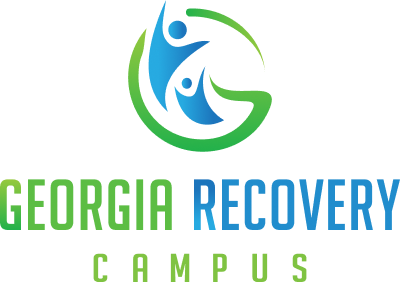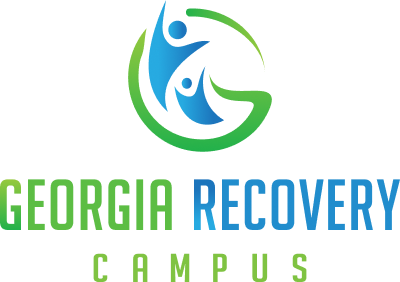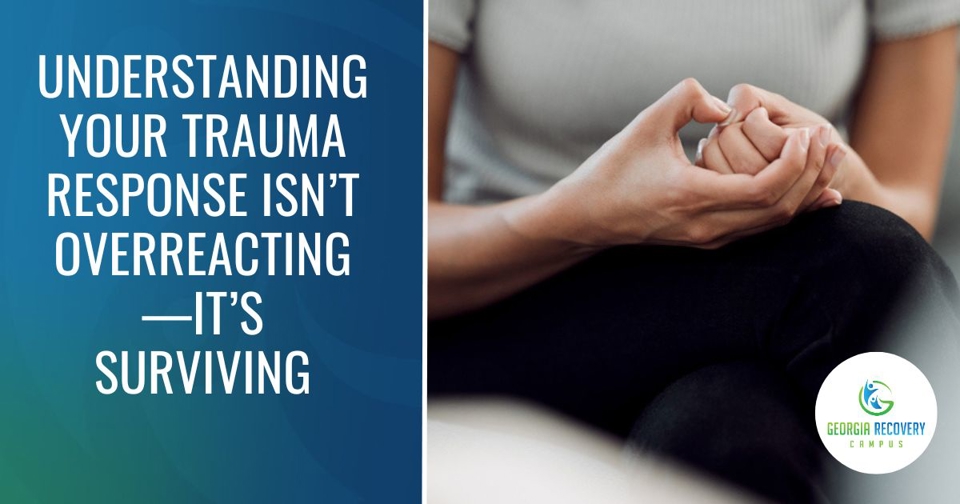Understanding the Link Between Mental Health and Drug Addiction
Mental health challenges and drug addiction often go hand in hand, creating complexities that can feel overwhelming. If you or someone you care about is facing both, it’s important to understand that recovery is possible. Addressing these intertwined issues is the best way to foster healing and lasting change.
At Georgia Recovery Campus, we specialize in integrated care that tackles mental health and addiction, giving you the tools to reclaim your life and move forward confidently.
What Is Dual Diagnosis?
Dual diagnosis refers to when someone experiences both a mental health disorder and a substance use disorder at the same time. For instance, someone with untreated anxiety might turn to substances to cope with symptoms, only to create an exhausting cycle where their mental health worsens.
This overlap makes treatment more complex because the symptoms of one condition often mask or worsen the other. A person struggling with addiction might exhibit behaviors that look like depression, but only through careful diagnosis can we determine the full picture.
Integrated care “connects the dots” by addressing both addiction and mental health simultaneously. This approach provides a clear path to recovery because it treats the whole person, not just a single issue.
How Trauma Plays a Role
Trauma is a significant factor in both addiction and mental health struggles. Experiences like abuse, neglect, or loss can leave emotional scars that some try to numb with substances. Understanding this connection is crucial for recovery.
Trauma-informed care focuses on creating a safe space where people feel supported and understood. It’s not just about tackling the addiction or addressing anxiety; it’s about healing the underlying pain that drives these struggles. Programs rooted in trauma-informed care empower individuals to face the past while equipping them with healthier ways to cope in the future.
Breaking Down Barriers to Recovery
The Impact of Stigma
Stigma is one of the biggest hurdles to seeking help for addiction or mental health issues. Many people feel judged or misunderstood, leading to silence and avoidance of treatment. Labels like “weak” or misconceptions that addiction is a “choice” discourage people from taking the first step toward healing.
At Georgia Recovery Campus, we are dedicated to changing these perceptions. Treatment is not about judgment; it’s about support, understanding, and hope. Our programs foster a compassionate, judgment-free environment, so you feel safe and encouraged to start your recovery story.
Why Support Systems Matter
Addiction and mental health challenges thrive in isolation, which is why building a support network is critical. Friends, family members, and community-based support, like 12-step programs, can all provide encouragement and accountability.
Group therapy is another excellent way to connect with people who understand what you’re going through. Sharing experiences helps reduce feelings of shame and reminds you that you’re not alone.
Effective Therapies for Co-Occurring Disorders
Cognitive Behavioral Therapy (CBT)
CBT is a powerful tool for breaking negative thought patterns that fuel both addiction and mental health issues. Through CBT, you can identify triggers and learn how to respond to them in constructive ways.
For instance, if stress drives you toward substance use, CBT can teach you techniques for managing that stress without reaching for drugs. This practical approach makes it easier to handle life’s challenges while staying on track with recovery.
Motivational Interviewing (MI)
Motivational Interviewing is ideal for those hesitant about change. This approach focuses on uncovering what motivates you to recover. A therapist will help you explore your personal goals and how sobriety can align with them.
By building on your strengths and aspirations, MI transforms uncertainty into action, empowering you to take control of your recovery.
Mindfulness Practices
Mindfulness teaches you how to remain present in the moment, helping you manage cravings and emotions effectively. Practicing mindfulness gives you the tools to handle life’s ups and downs without feeling overwhelmed or resorting to old habits.
Whether it’s through meditation, breathing exercises, or guided therapies, mindfulness helps you build self-awareness and resilience.
Tools for Long-Term Success
The Power of Integrated Care
Integrated care combines mental health support and addiction treatment under one plan. From psychiatrists to counselors, your care team works together to meet all your needs.
At Georgia Recovery Campus, our collaborative care model ensures every treatment course is flexible and personalized, offering the best chance at sustained recovery.
Making Use of Technology
New technologies like telehealth and apps have brought addiction treatment into the digital age. Virtual counseling sessions and online recovery tools allow you to fit treatment into your life, no matter your schedule.
These tools work hand in hand with traditional treatments, providing extra layers of support and connection.
Start Your Journey Today
Mental health and addiction don’t have to control your life. With the right care and support, recovery is within reach. At Georgia Recovery Campus, we offer compassionate, evidence-based treatment tailored to your unique needs.
Together, we’ll tackle the challenges of addiction and mental health, creating a brighter future filled with hope and healing. Don’t wait to rewrite your story—we’re here to help you every step of the way.
Call us today at (478) 216-1110 to take the first step.



.2506161825389.jpg)



